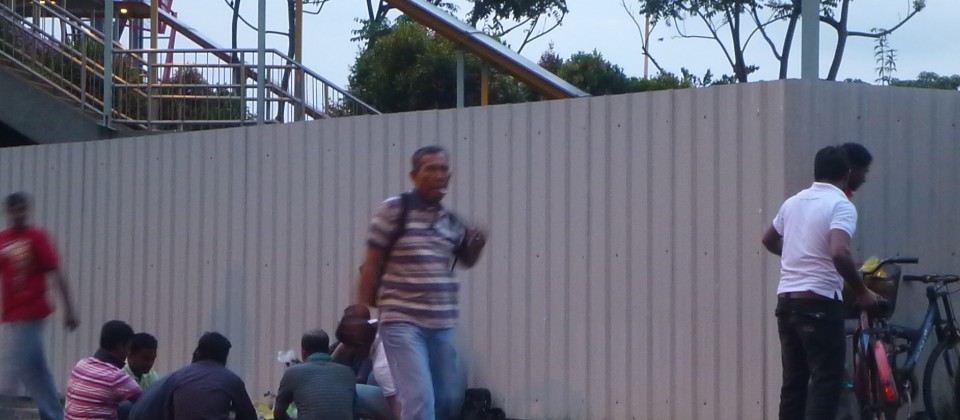Junjia Ye, Postdoctoral Research Fellow in Urban Geography
The Max Planck Institute for the Study of Religious and Ethnic Diversity, Germany
My research is motivated by two questions: Firstly, how do global processes of diversification manifest in a localized, everyday context? Secondly, how do marginalized groups develop ways to co-exist with and encounter people of different backgrounds in shared spaces? This work is a response to the growing literature on urban diversity, much of which still discusses co-ethnic ties and enclaves, without addressing prosaic forms of co-presence and encounters. Crucially, much of this work is still centered on Western contexts. I argue that much of urban life is far more heterogenous, incomplete, interactive and emerging, prompting us to question how marginalized groups such as low-waged migrants and the homeless experience and subvert dominant power relations in the diverse city. I explore the possibilities, limitations and temporalities of encounters between low waged migrants and locals in diverse public spaces. While my fieldwork is grounded in Singapore, a global framework informs my research where I draw comparisons with Johannesburg and New York. Alongside extensive ethnographic methods of participant-observation and semi- structured interviews, I also use photography and film techniques to collect and analyse data in collaborative ways. I engage migrants directly in the creation and analyses of photographs in order to weave together a narrative about their lives in Singapore. In this way, knowledge production about lived experiences of diversity in the global city cannot be claimed as the effort of the researcher. Instead, it is a collective effort that works across and in spite of gulfs of inequality and privilege.
Contact: jiageog@gmail.com – Website


Leave a Reply